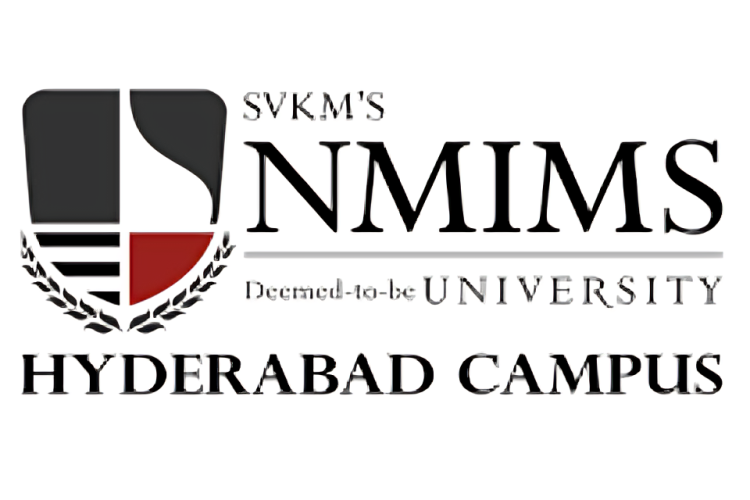
Prakash Chandra Jha is teaching Political Science at the School of Law, SVKM’s NMIMS (Deemed-to-be) University, Hyderabad Campus, Telangana.
The future of cooperative federalism in India requires that the local government be treated on an equal footing as one of the three tiers of government. The state-local relationship is one of the most understudied areas in India. The academic literature in this regard is few and far between. This article advocates for the study of state-local relations, which is just as important for understanding Indian federalism as centre-state relations.
Ideally, the relations between the centre and the states should be guided by the spirit of cooperative federalism on the one hand and the other, between the states and the Panchayati Raj institutions and the urban local bodies. Ironically, states in India are very possessive of their constitutional rights protected under the seventh schedule of the Indian Constitution and are often heard invoking the principle of federalism in case of a central intrusion in their domains. But when it comes to sharing power with local governments, states forget all the principles of federalism. In fact, state-local relations in India are not based on the principle of federalism.
States are obliged to support the third-tier governments in a number of areas, including health, as a result of the 73rd and 74th Constitutional Amendments that were passed in 1992. This is reflected, for example, in particular state municipal legislation that gives the Municipal Commissioner authority to address the spread of epidemic diseases. One could thus argue that all three tiers of government would have a role to play in addressing COVID-19.
Despite being the world’s second-most populated country, made worse by high density, where social, religious, and political gatherings are the norm of life, and despite large-scale inter-state migration, India has done far better than several other countries, including top-developed one, for which it was lauded by the WHO. India thus defied the fears of the world’s top experts and policymakers. Without the cooperation of the centre, states, and local governments, whatever success India has achieved in taking on the COVID-19 outbreak would not have been possible.
The question that arises here is whether we could have done better had we strengthened our local governments. Today we talk about the success stories of the Dharavi model, the Bhilwara model, the Kerala model, etc., which have attracted international attention. COVID-19 has thus occasioned an opportunity to strengthen the much-neglected grass-roots level of governments. According to M. A. Oommen, one of India’s leading scholars on local government and federalism (EPW, 7 November 2020), the COVID-19 pandemic has brought home the importance and need of the local government. In their study, Acharya and Porwal (Lancet Glob Health, September 2020) underlined the importance of planning at the local level. They argued that there was a need to devise a tool for district-level planning, prioritisation, and effective allocation of resources. Similarly, Dutta and Fischer (World Development, October 17, 2020) have studied three states: Rajasthan, Odisha, and Kerala. They have underlined the critical role of local governance. They further state that local governments in the three states have assumed central responsibility for the implementation of disease control and social security mechanisms post-COVID-19 pandemic. Kerala was able to stop the spread of the disease thanks to its long-term investments in local governments.
Recently, several states have questioned the centralisation trend pre- and post-COVID-19 outbreak. The Union, no doubt, should treat states as genuine partners. Similarly, states should no longer treat local governments as their subordinates. Now, what is important is how to rebuild the nation from the effects of the pandemic. This is not feasible without cooperative federalism, which should not be confined to centre-state relations only. The time has come to give the grassroots level of government its due. Most of the work on federalism in India tends to focus on centre-state relations, either without bringing local government into the picture or, for the sake of formality, with a passing reference to the local government. The study of Indian federalism would be incomplete without local government. Federalism scholars should examine state-local relations to have a complete picture of federalism in India.


